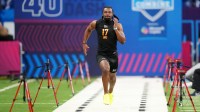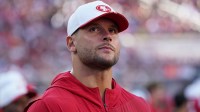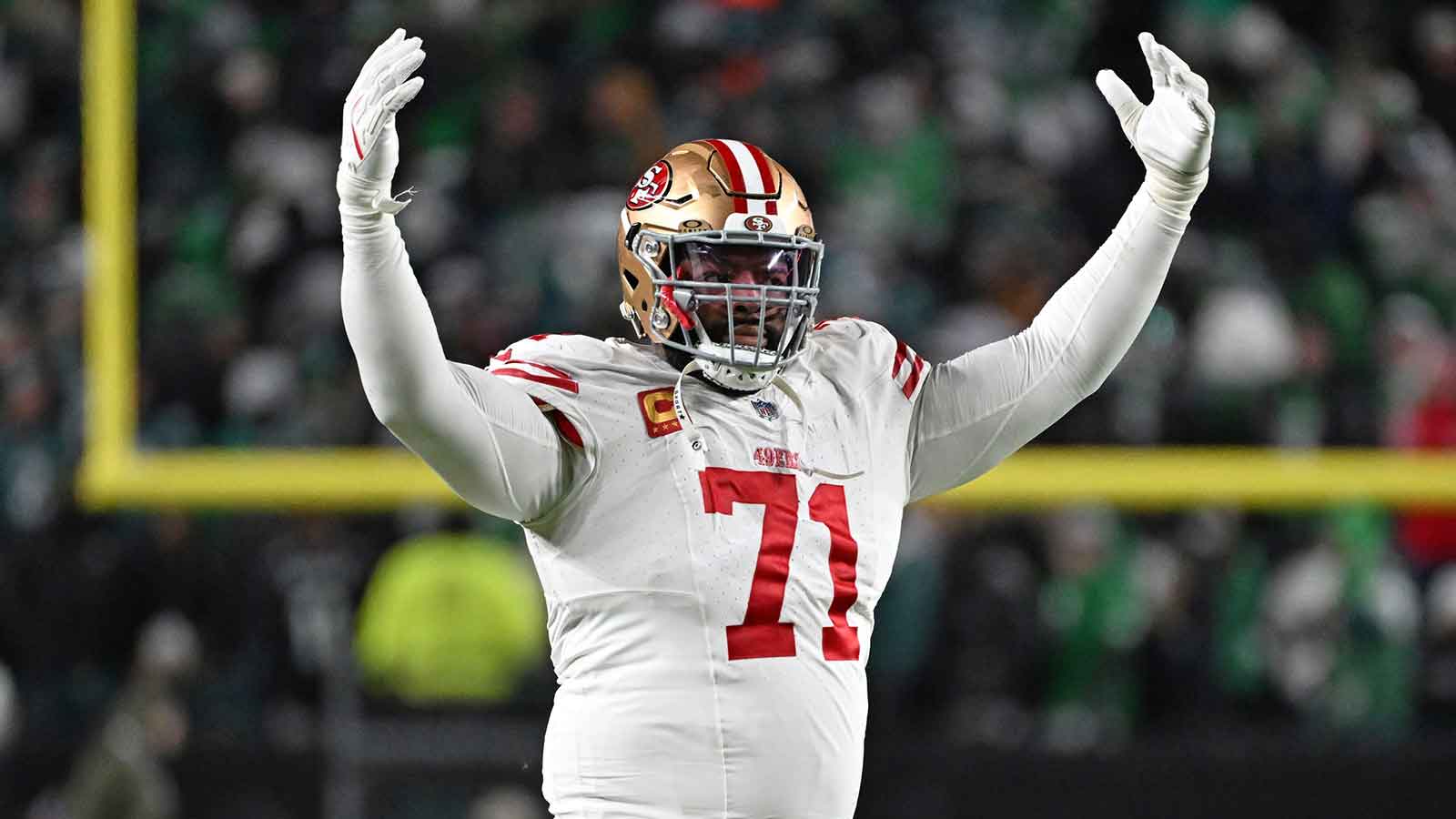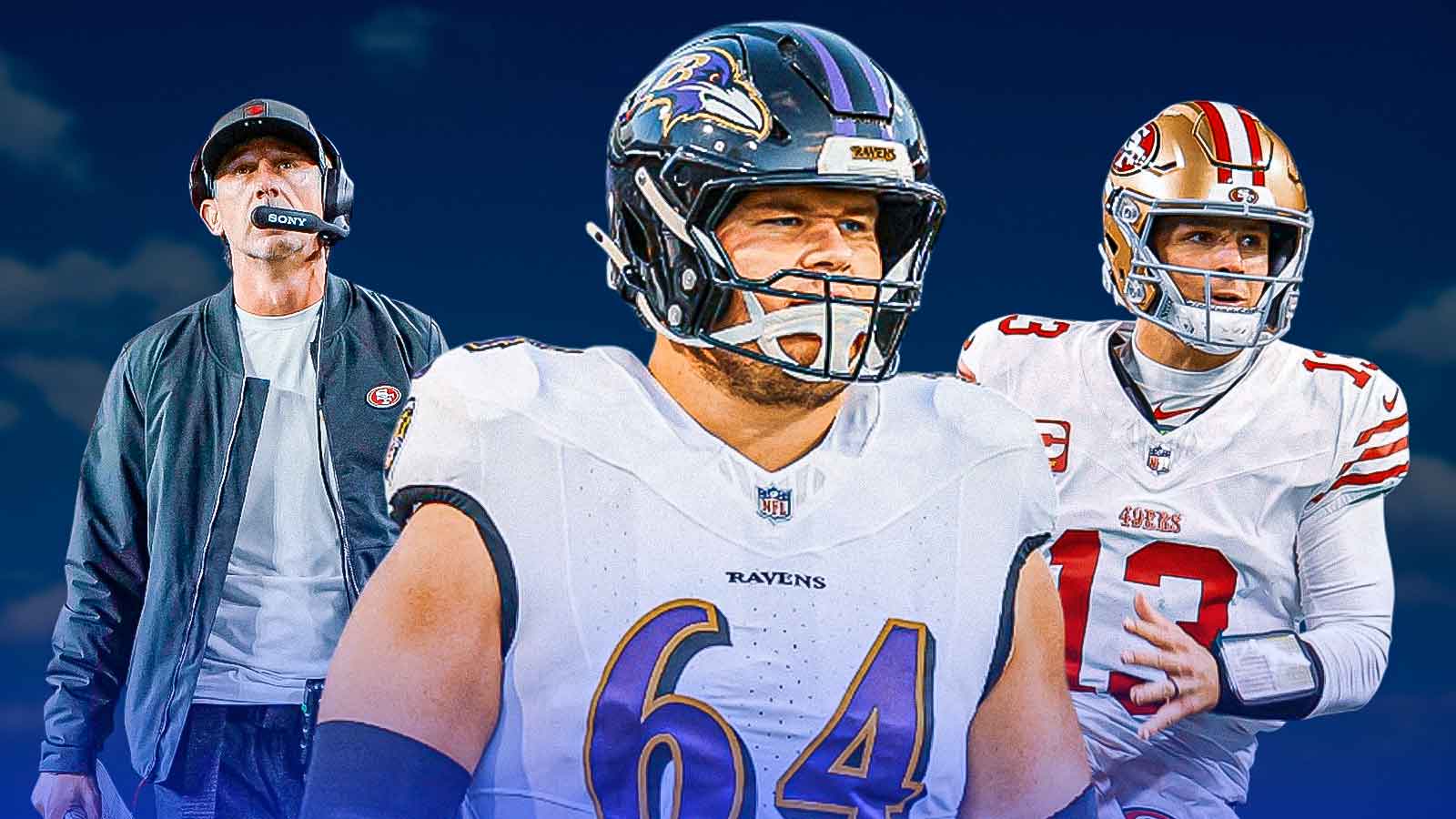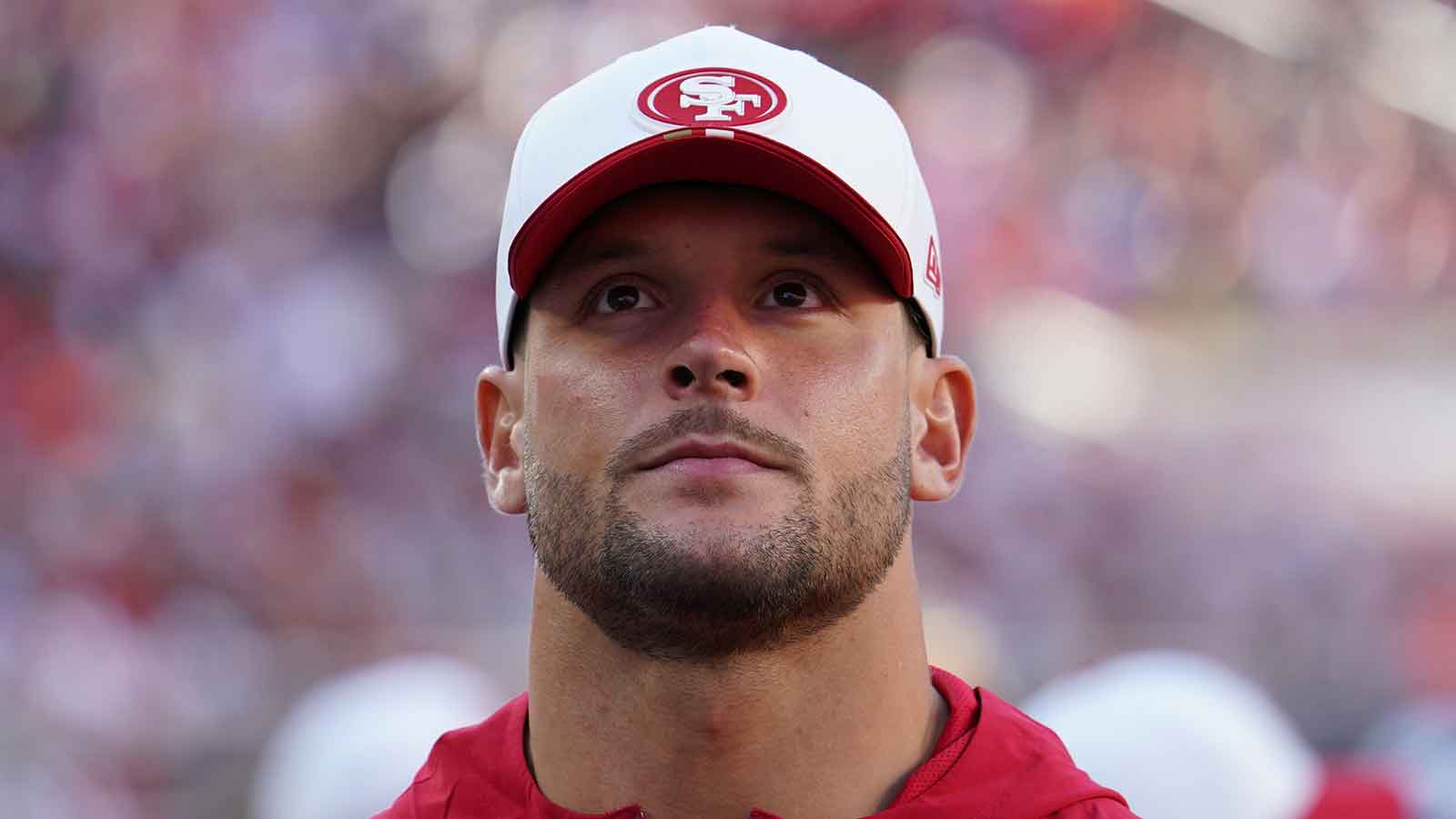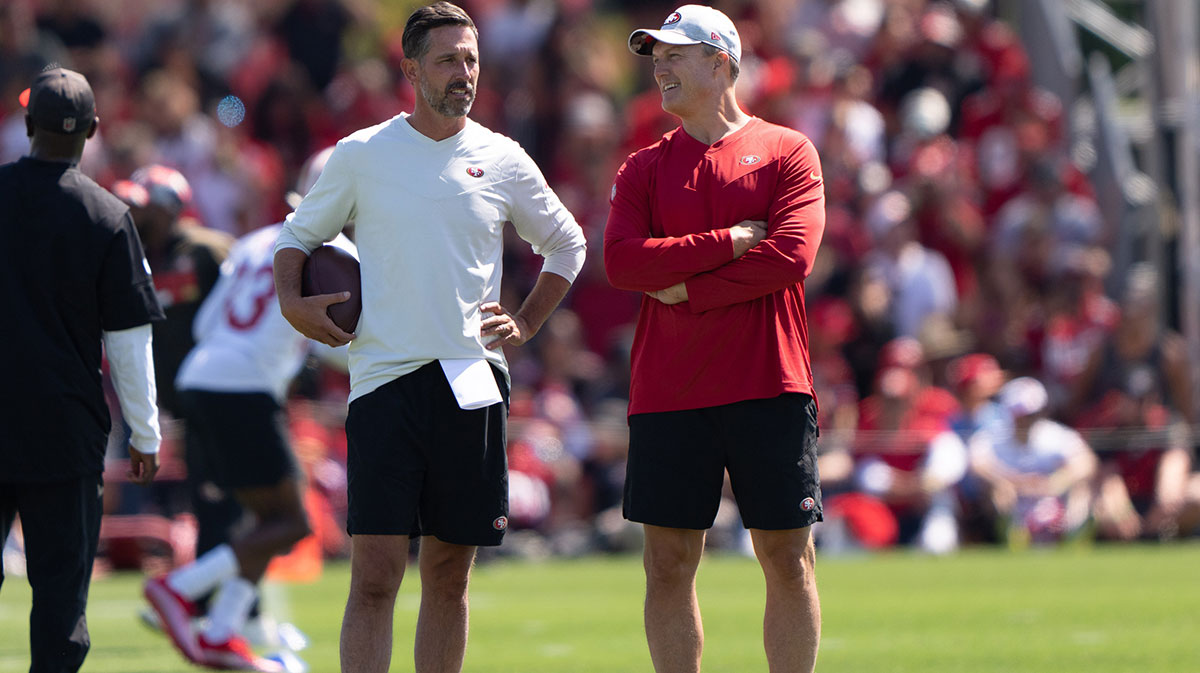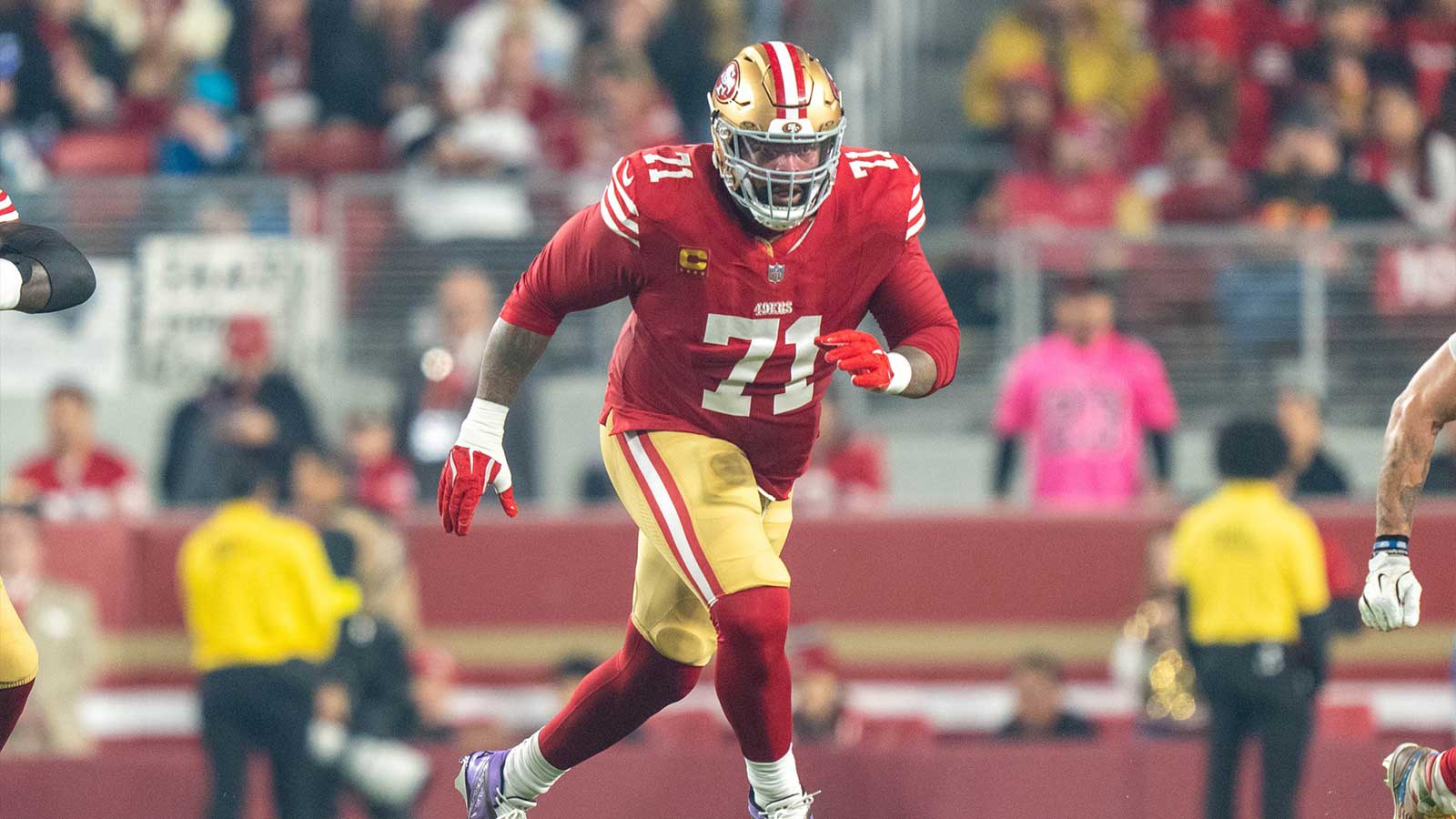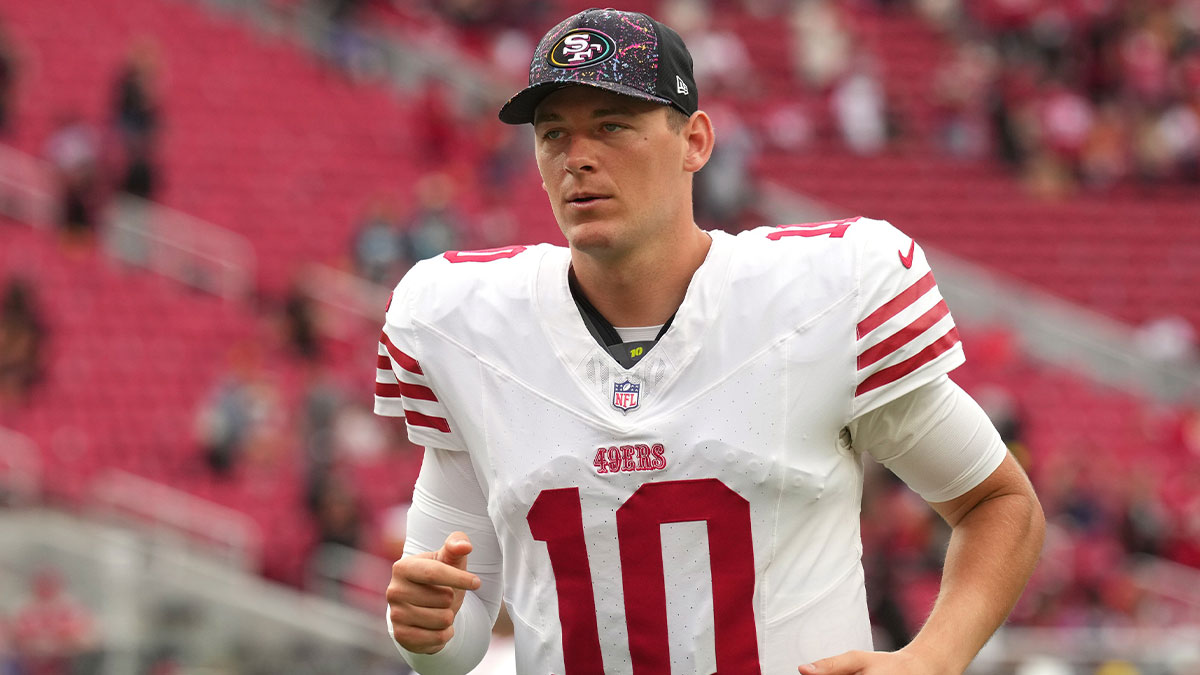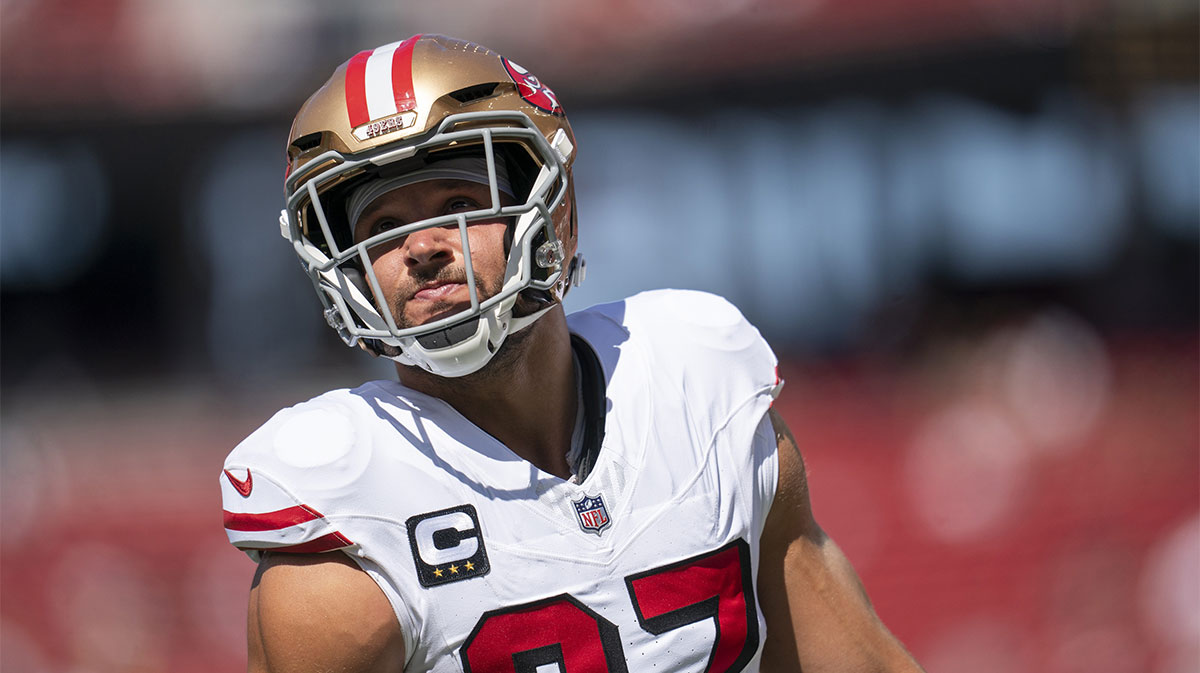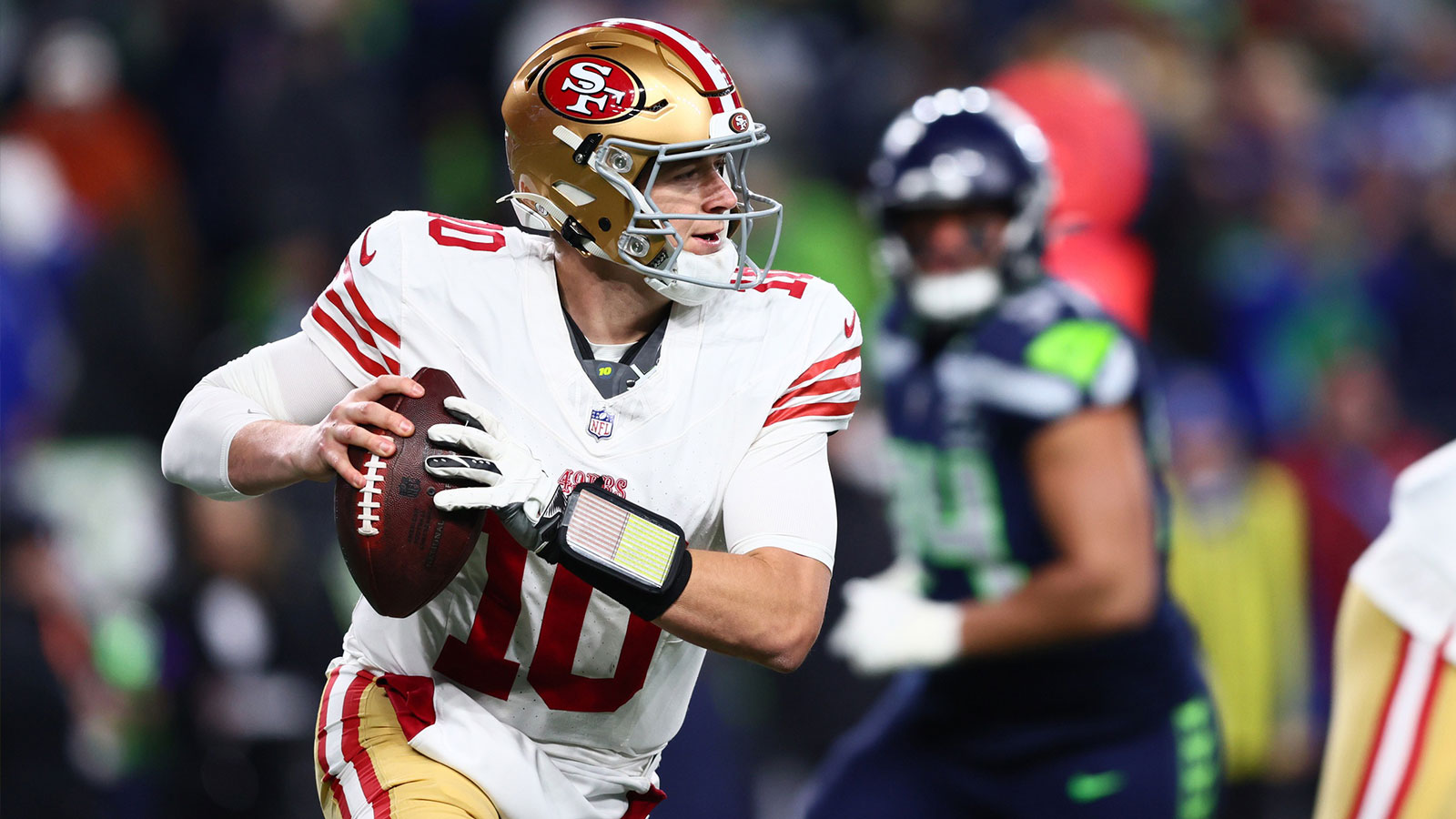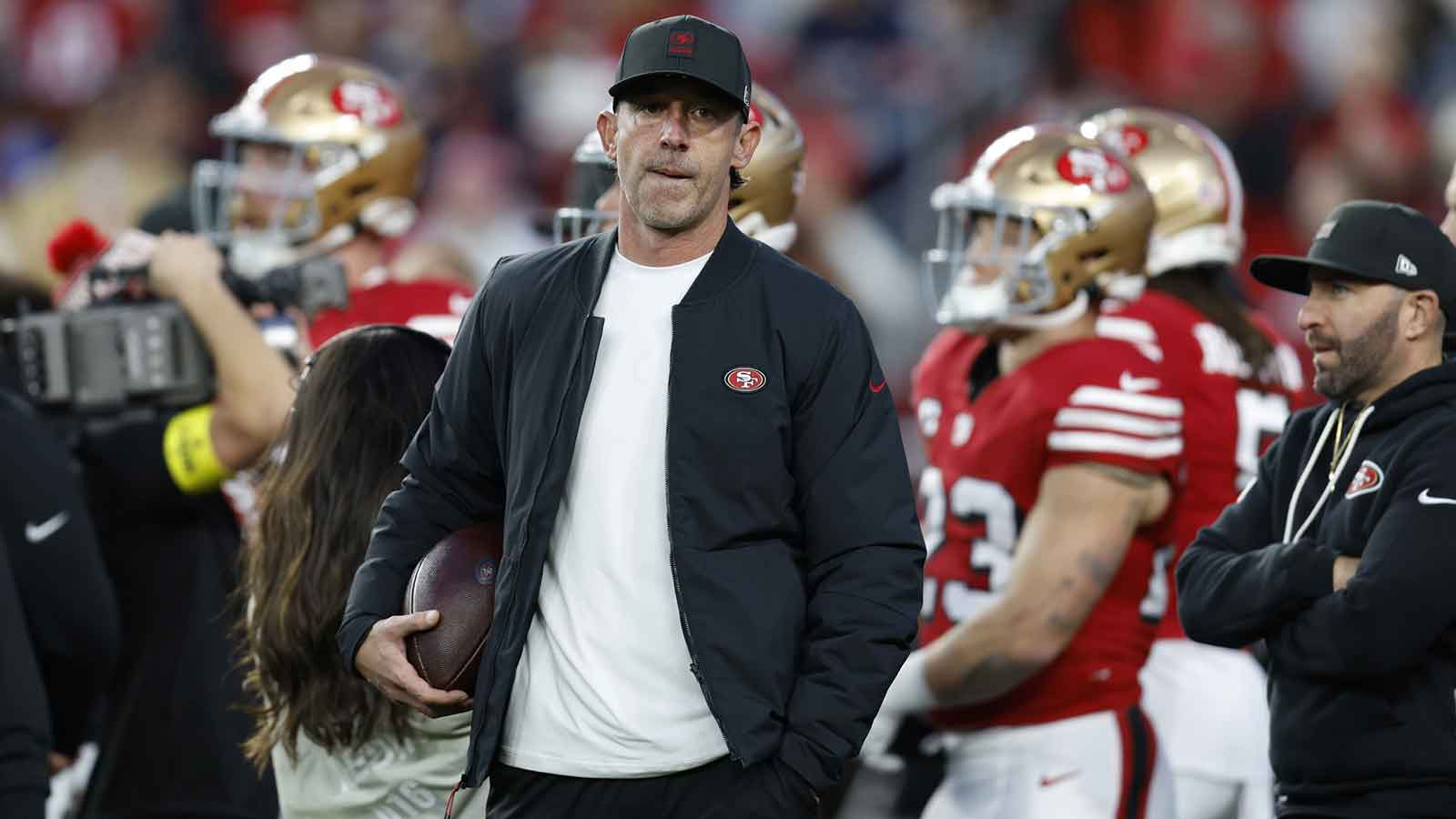The urgency around the San Francisco 49ers is palpable after their shocking 24-23 upset loss to the Arizona Cardinals in Week 5. This defeat drops the 49ers to third place in the NFC West with a 2-3 record, a spot they haven't found themselves in this early in recent seasons.
Last year, they didn’t reach their third loss until late October, and the year prior, it came by mid-October. So while their current win-loss record isn't unprecedented, the manner in which the 49ers are losing is raising serious concerns.
49ers continue to blow fourth quarter leads
What’s especially alarming this season is how the 49ers are losing. Two of their three defeats—against divisional opponents—have come in games they were leading by double digits in the fourth quarter, an all-too-familiar scenario for this franchise. While the Week 4 loss to the Minnesota Vikings can be chalked up to facing a strong NFC team, the 49ers' losses to the Los Angeles Rams and Arizona Cardinals tell a different story. These were division rivals that San Francisco has dominated over the last two years, going 11-0 against them on their way to consecutive NFC West titles. This season, however, they’re 0-2 against divisional foes.
Even Richard Sherman noted recently how “the panic meter's at a 10.”
“My panic meter's at a 10, it's at 11,” Sherman said on his podcast. “It's panic mode because these are two unacceptable division losses to the bottom dwellers of your division. [Arizona], coming off a 28-point drubbing to the Washington Commanders and you're like, ‘Hey, we should be able to look at that tape and find answers and be able to win this game,' but you're not. You're not winning this game and you're the more talented team walking into the stadium each and every time.”
The trend of blowing fourth-quarter leads has been a consistent issue during head coach Kyle Shanahan’s tenure. Sunday's loss marked the sixth time under Shanahan that the 49ers have let a double-digit lead slip away in the final quarter, a troubling stat that includes both regular-season and playoff games.
This pattern, combined with injuries and an underperforming roster, is contributing to the unease in the Bay Area. The 49ers need to address these late-game collapses if they hope to regain their foothold in the NFC West and salvage what’s quickly becoming a critical season.
Red zone issues persist

A major issue plaguing the San Francisco 49ers this season has been their inability to score touchdowns in the red zone. This problem was glaring once again in their Week 5 loss to the Arizona Cardinals. Despite multiple opportunities deep in Cardinals territory, the 49ers were forced to settle for field goals twice after reaching the Arizona 10-yard line. Late in the fourth quarter, with a first-and-goal at the nine-yard line, Jordan Mason fumbled the ball away, killing a crucial drive. In a game that ended 24-23, even one of those field goals being converted into a touchdown could have potentially changed the outcome.
Currently, the 49ers rank 29th in the NFL in red zone touchdown efficiency, converting just 40.9% of their red zone trips into six points, according to Team Rankings. Their struggles have intensified over the last three games, where they’ve managed to score touchdowns on just 16.6% of their red zone opportunities. This marks a sharp decline from last season when they led the NFL with a 68% red zone touchdown rate.
These red zone woes have become a major roadblock for the 49ers, and if not corrected soon, they will continue to undermine their chances in close games.
Injuries continue to pile up

The laundry list of injuries to some of the 49ers’ top players is undeniably a major factor in their three losses this season. The absence of key contributors, especially All-Pro running back Christian McCaffrey, who has yet to play this season, has left a huge void in the offense. The injuries don't stop there offensively. Fullback Kyle Juszczyk, tight end George Kittle and star offensive tackle Trent Williams have also missed time.
The 49ers’ offensive limitations were on full display in their recent loss, as Brock Purdy was forced to distribute the ball to just five receivers against the Cardinals. Three of those receivers had only one catch each, showcasing the lack of depth and options available due to injuries. Brandon Aiyuk and George Kittle were the only two consistent targets, with Aiyuk hauling in eight receptions for 147 yards and Kittle adding eight catches for 64 yards and a touchdown.
On the defensive side, it’s just as grim. Losing linebacker Fred Warner, along with defensive lineman Yetur Gross-Matos and safety Talanoa Hufanga, has severely weakened the unit. Without these key players, the 49ers' defense has struggled to maintain its usual dominance, leaving the team vulnerable in critical moments, as was seen against the Cardinals.
And then to beat it all, the 49ers lost their kicker, Jake Moody, on Sunday after trying to make a tackle to stop a returning kickoff. He's now out action with a high ankle sprain.
These mounting injuries have taken a significant toll on a 49ers squad that entered the season as one of the most talented in the league, but now struggles to find consistency with so many key players out of action.



